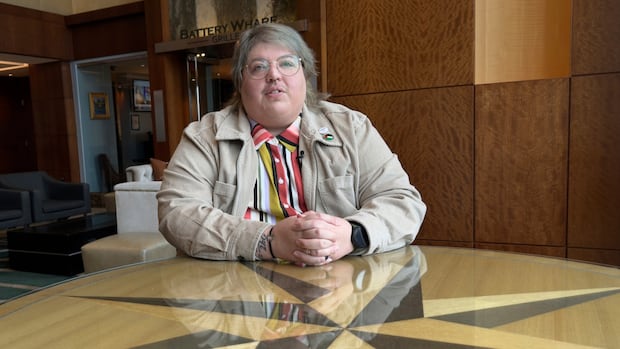Brazil’s government on Tuesday approved joining OPEC+, a group of major oil-exporting nations, signalling the country’s evolution into a major oil state just nine months ahead of hosting the United Nations’ annual climate summit.
The National Council for Energy Policy’s approval came in response to an official invitation in 2023. The group includes the 12 members of OPEC, the longstanding group set up to co-ordinate oil production to stabilize markets, plus 10 more significant oil-producing nations, with Russia by far the largest.
Though non-OPEC members agree to co-operate with OPEC nations, Brazil won’t have any binding obligation such as production cuts, Mines and Energy Minister Alexandre Silveira said at a news conference.
The participation will be limited to the Charter of Cooperation, a permanent forum for OPEC and OPEC+ countries to discuss industry-related issues. The South American country will not participate in decisions.
Silveira called the charter merely “a forum for discussing strategies among oil-producing countries. We should not be ashamed of being oil producers. Brazil needs to grow, develop and create income and jobs.”
Lula approves drilling near Amazon River
President Luiz Inacio Lula da Silva began his third term in 2023 touting himself as an environmental defender, and has worked to reduce deforestation in the Amazon rainforest and to protect Indigenous rights. But he has also argued that new oil revenues could finance a transition to green energy.
In recent weeks, he has pressed the country’s environmental regulator to approve exploratory drilling near the mouth of the Amazon River, one of the most biodiverse regions of the world.
Brazil is the world’s seventh-largest oil producer, with about 4.3 million barrels daily, or four per cent of the world’s output, according to Energy Information Administration, a U.S. government agency. In 2024, crude oil became the country’s top export product, accounting for 13.3 per cent of Brazil’s foreign sales, surpassing soy.
Cost of Living9:34Should Canada take a page from OPEC?
Nearly one out of every four barrels of oil refined in the U.S. comes from Canada. And despite the big talk, it would be really hard for them to live without it. So how do we leverage that? Economist Kent Fellows says we should follow OPEC’s playbook — just turn the taps on and off whenever we feel like it.
The U.S. is the world’s largest producer at nearly 22 million barrels daily, with Saudi Arabia, the largest producer in OPEC, at about 11 million barrels.
Lula’s pursuit of increased oil production has met criticism as Brazil prepares to host the UN climate summit known as COP30 in November. A central push of the annual climate talks has been to reduce the use of fossil fuels, which when burned releases greenhouse gases that heat the planet.
“Brazil’s entrance to any OPEC body is another sign of the government’s setback,” says Suely Araujo, a spokesperson of the Climate Observatory, a network of 133 environmental, civil society and academic groups.
Opening up new areas for fossil fuel exploration “indicates that we are choosing solutions from the past in the face of a huge challenge for the present and the future,” Araujo said.











